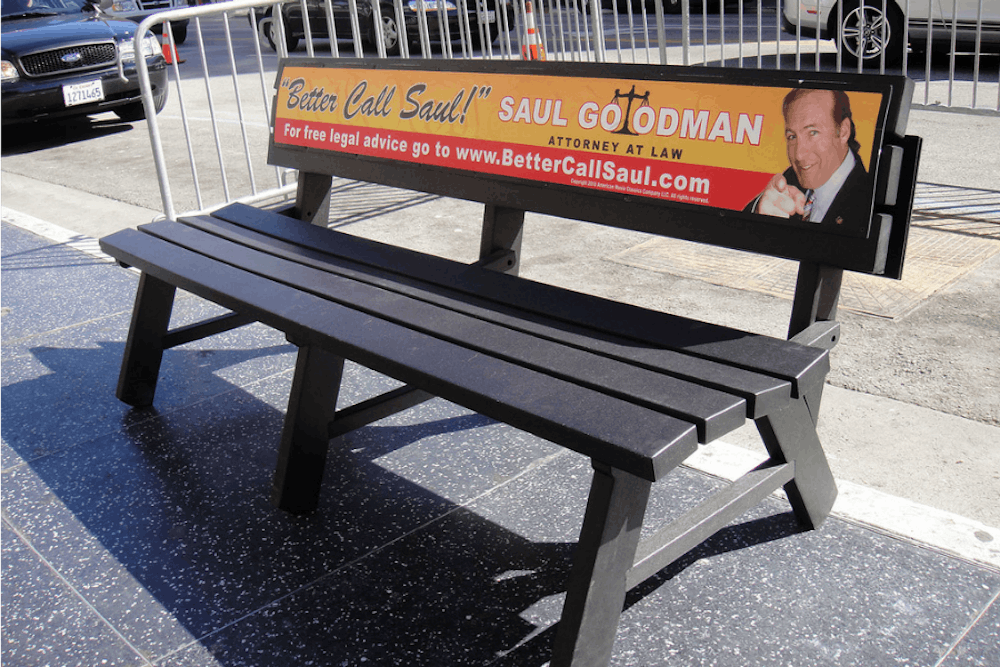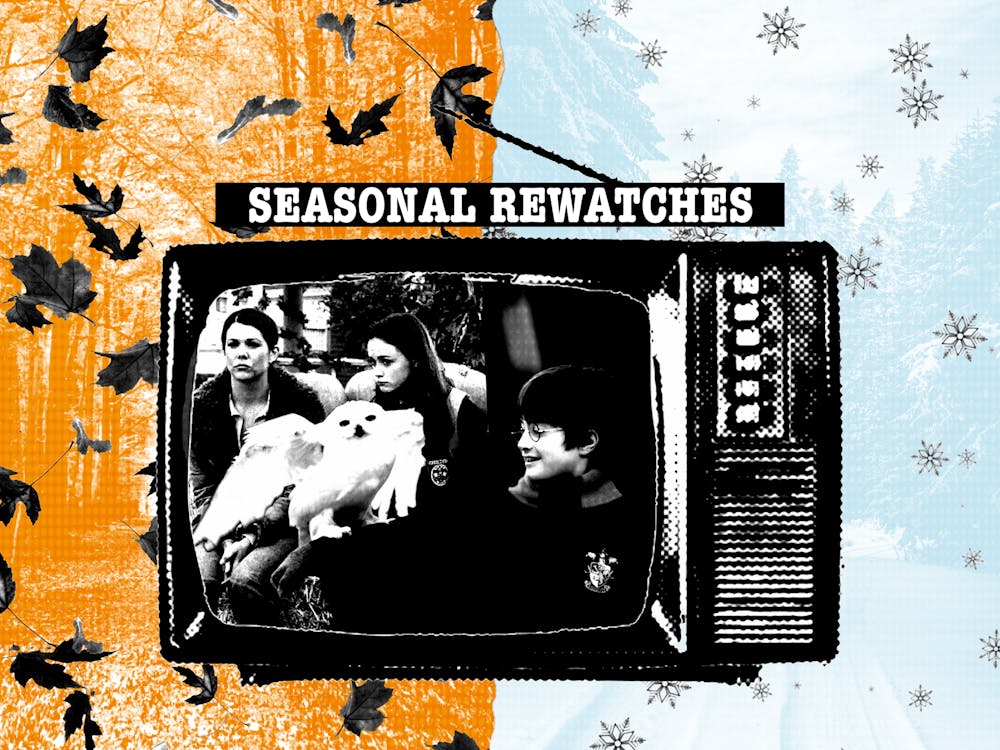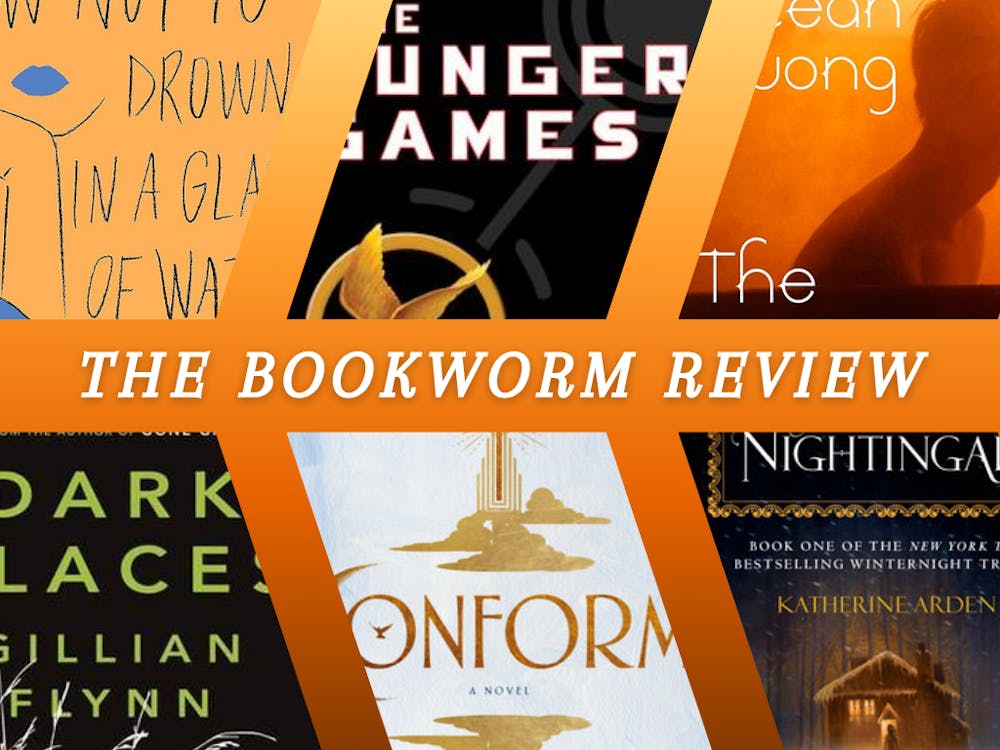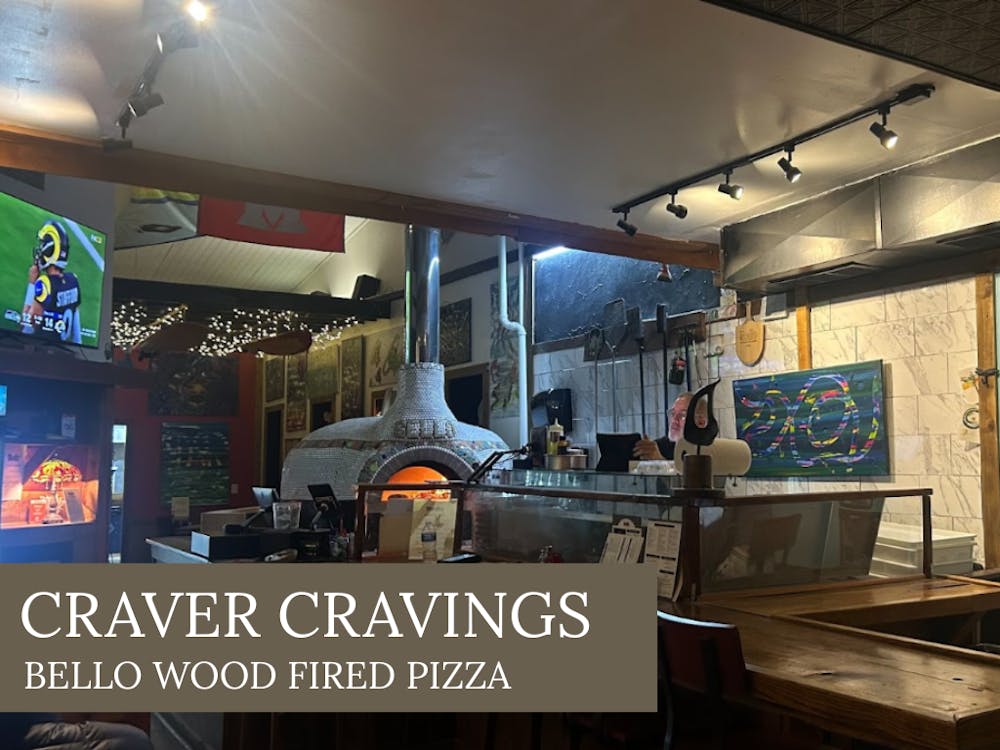By Devon Shuman, For The Miami Student
Rarely does a spinoff series come around that reaches the same level of success as the show it was born out of.
"Joey" tried to ride the coattails of "Friends" by continuing the story of Matt Leblanc's lovable character, but it couldn't survive two seasons. Rainn Wilson attempted a spinoff of "The Office" called "The Farm" that would have focused on the home life of his character, Dwight, but NBC cancelled it before it even debuted. The world of television is overflowing with these spinoff pilots, but normally when a show tries to piggyback a successful predecessor, it fails miserably.
Enter Vince Gilligan, a man whose work is anything but normal.
His previous show, "Breaking Bad," which followed a high school chemistry teacher who begins cooking and selling crystal meth after being diagnosed with cancer, was called the "Best Show Ever" by Forbes magazine, and probably by many others who binge watched all 62 episodes on Netflix. With incredible attention to detail, Gilligan created a world filled with eccentric, three-dimensional characters capped off by his flawed and maniacal, yet genius, protagonist, Walter White.
One of the things that made "Breaking Bad" so great was its brevity. Instead of floundering around for 10 years and introducing unneeded storylines, it stopped after five seasons, allowing it to finish with a distinct beginning, middle and end. Without all the extra fluff, it had a crisp and clear plot.
So when it was first announced that Gilligan was planning a spinoff series, many fans asked why. Why taint the legacy of "Breaking Bad" with what will most likely be just another failed spinoff series?
Well, if there is anything Vince Gilligan does not do, it is fail.
"Better Call Saul" is only three episodes into its first season, and it is already clear that it is bound to be just as good, if not better (yes, I said it), than its predecessor.
Gilligan's spinoff takes place several years before the diagnosis that kicked off Walter White's tragic storyline. It follows the early career of Saul Goodman, the criminal lawyer who Walter eventually hires for legal counsel. Goodman, played by Bob Odenkirk, is marked by his sarcastic wit, his keen ability to never shut his mouth and his persistence to win at all costs even if it means bending the rules. As Walter's assistant Jesse Pinkman says before they hire him, "You don't want a criminal lawyer. You want a criminal lawyer."
However, when "Better Call Saul" begins, Saul is much more lawyer than he is criminal. In fact, he is not even Saul at this point; he still goes by his actual name, Jimmy McGill. He does still have that fast-talking wit about him as we see when two skateboarding hipsters attempt to con him out some money: "The only way this car is worth $500 is if there's a $300 dollar hooker sitting in it," he says.
However, while he might still be the sarcastic lawyer we know and love, Jimmy McGill is nowhere near the same as Saul Goodman on the inside. Goodman projected an image of success: luxurious office, multiple cell phones, regular massages and pedicures. The highlight of McGill's day is when he finally gets his car to start. He is living out of his office, crippled by debt and cannot seem to catch a break. He's used to losing. In much the same way that "Breaking Bad" chronicled the transformation of Walter White into Heisenberg, "Better Call Saul" will follow the transformation of Jimmy McGill into Saul Goodman.
Enjoy what you're reading?
Signup for our newsletter
This is where the genius that is Bob Odenkirk gets put to good use. Odenkirk is not simply continuing to play the same lawyer he has carefully crafted over the past few years; he has to completely reinvent his character. Saul always knew what to do, but Jimmy struggles with his confidence. Odenkirk shows that he knows how to switch hit, playing both of these roles with ease and attention to detail. As "Better Call Saul" begins he is in the bathroom of the courthouse, reciting his opening argument over and over in front of the urinal while the people in the courtroom wait silently. With a sweaty brow, a wavering tone and a nervous, unsure expression on his face, Odenkirk makes McGill perfectly vulnerable.
Gilligan makes it clear that "Saul" takes place in the same universe as its predecessor. Along with the return of some familiar faces, several subtle references are dropped that diehard Breaking Bad fans will pick up on, but newcomers will not be required to notice. Additionally, Gilligan uses a lot of the same filming techniques that made "Breaking Bad" so unique: quirky opening sequences, eccentric cinematography, long flash-forwards and flashbacks.
However, despite all of these parallels, "Better Call Saul" is not "Breaking Bad." It has its own distinct tone. Walter White was an extreme - a man driven by a fatal diagnosis to enter the dangerous world of drugs in order to make money for his family. Saul is a much more accessible antihero. He's simply a down-on-his luck lawyer who is going to begin reaching deep down and utilizing his strengths to do whatever it takes to survive and succeed.
After experiencing such an enjoyable and successful series, fans of "Breaking Bad" never knew that they wanted a spinoff. But now that it is here, it's hard to imagine a world without it.




